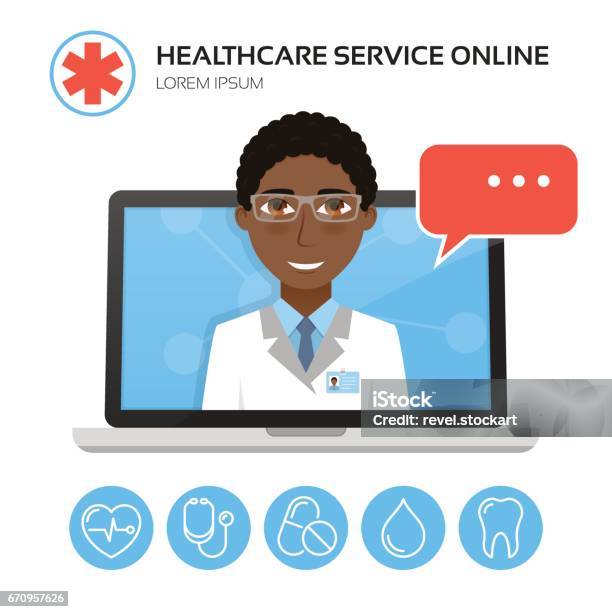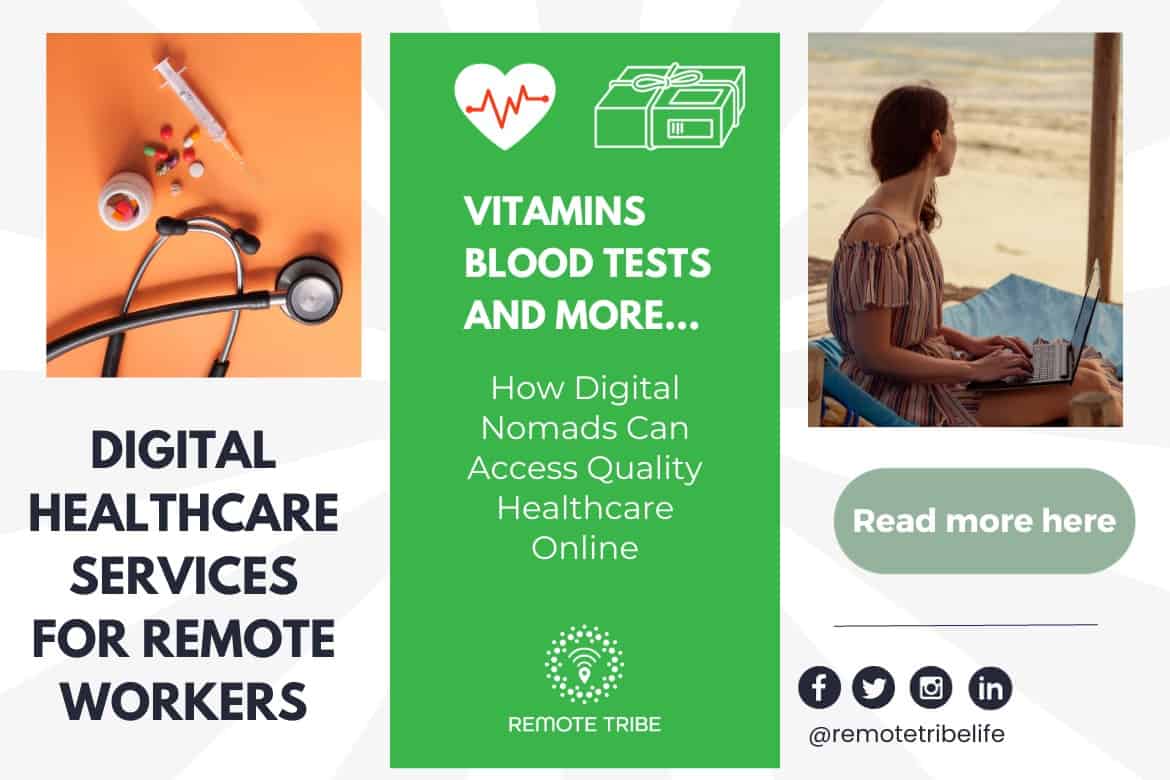Navigating the Future of Medicine With Subscription-Based Healthcare Provider
As the medical care market evolves, subscription-based solutions emerge as a pivotal design guaranteeing to improve individual care distribution. The answers to these questions might basically modify our strategy to health care.
Rise of Registration Health Care
As medical care systems around the world face enhancing stress from increasing prices and demand for solutions, the advent of subscription-based medical care models has actually arised as a transformative fad. This cutting-edge technique is disrupting traditional medical care distribution by offering a predictable, flat-rate payment structure for medical solutions. Rooted in the concepts of attendant medication, subscription-based healthcare permits companies to focus on individualized patient treatment while all at once handling functional performances.
The raising customer demand for transparency and predictability in medical care expenses has driven the change towards this model. Subscription-based solutions usually use straight access to medical care experts, which can minimize the administrative burdens connected with insurance claims and compensations.
This design is getting grip among diverse doctor, from main care physicians to specialized centers, by aligning monetary motivations with preventive and constant care. By moving the focus from quantity to value-based treatment, membership healthcare has the potential to reshape the landscape, promoting a much more sustainable and patient-centered technique to health and wellness management.
Benefits for Clients

In addition, subscription-based services often highlight preventative care, motivating normal exams and health screenings. This positive method can cause very early discovery of health and wellness concerns, possibly improving results and reducing lasting healthcare expenses for individuals. Such versions commonly offer clear pricing, permitting individuals to better comprehend their health care expenditures and prevent unexpected clinical bills.
The individualized nature of subscription-based healthcare likewise improves patient experience. Clients can obtain tailored medical care strategies that fit their particular requirements, cultivating an extra patient-centric method. This customization can bring about enhanced person complete satisfaction and adherence to treatment strategies. In addition, registration services usually incorporate health cares, sustaining individuals in keeping overall health and wellness and health. Eventually, these benefits jointly add to an extra effective, economical, and patient-friendly healthcare experience.
Modern technology's Function in Improvement

Expert system (AI) plays a vital role in predictive analytics, aiding in early diagnosis and customized treatment strategies. AI algorithms analyze huge datasets to determine patterns that could be overlooked by human observation, therefore improving medical decision-making. Electronic health and wellness documents (EHRs) enhance patient info monitoring, ensuring connection and comprehensibility of treatment across numerous services and carriers.
Blockchain technology enhances information safety and personal privacy, crucial for keeping patient rely on electronic platforms. It makes it possible for secure and clear purchases of medical information, making sure that delicate info continues to be protected. With the assimilation of device understanding and AI, blockchain can automate complex health care processes, lowering administrative problems.
Obstacles and Considerations
While technology moves the abilities of subscription-based medical care services, it also presents a collection of challenges and considerations that should be resolved to guarantee successful execution. One substantial difficulty is the equitable accessibility of these Check This Out solutions. As subscription versions frequently rely upon digital platforms, there is a risk of intensifying the electronic divide, leaving behind individuals without net gain access to or digital proficiency. Making certain these services do not disproportionately benefit only tech-savvy and affluent populations is necessary.
Data personal privacy and safety represent another vital factor to consider. Subscription-based services often require the collection and storage of vast quantities of personal health information. Service providers must adhere to rigorous information security policies to preserve individual trust fund and avoid unapproved gain access to, which might cause substantial honest and lawful effects.
Additionally, the sustainability of registration models positions a difficulty. As medical care needs evolve, preserving a cost-effective balance between membership charges and solution top quality is important to stop person discontentment and attrition. Integrating these services within typical health care systems requires smooth interoperability between platforms, which is commonly a complicated and resource-intensive venture. Attending to these obstacles is crucial as subscription-based health care services continue to advance and expand.
Future Effects for Medicine
Subscription-based health care services are positioned to substantially influence the future landscape of medicine by reshaping how treatment is accessed and supplied. These designs provide the potential to equalize medical care accessibility, giving patients with even more individualized and prompt interventions. By leveraging modern technology, such as telemedicine and data analytics, registration services can help with continual tracking and customized health administration, thus boosting end results and decreasing the problem on typical medical care systems.
As these solutions gain traction, they could stimulate a shift towards preventative care, highlighting the significance of early detection and monitoring of chronic problems. This proactive approach might eventually lower healthcare expenses by mitigating the demand for costly therapies developing from late-stage disease administration. In addition, membership models provide a scalable remedy to resolve variations in health care gain access to, especially in country or underserved populations.
However, the change in the direction of subscription-based designs demands attending to regulatory and moral considerations, including information privacy and fair accessibility. As the industry advances, joint initiatives between policymakers, innovation designers, and healthcare carriers will certainly be essential to establishing durable frameworks that protect person passions while promoting development. Eventually, these services assure to great site add considerably to a more reliable, patient-centered medical care ecological community.

Verdict
Subscription-based medical care solutions represent a substantial evolution in the medical area, providing predictable expenses and customized care that improve ease of access and prioritize preventive procedures. Technological developments, such as telemedicine and AI-driven analytics, help with tailored patient experiences, improving general wellness results. Challenges such as data personal privacy and fair access need to be addressed to guarantee the extensive advantages of these services. As the health care landscape advances, subscription designs are positioned helpful hints to play a vital role fit the future of medication.
As the healthcare sector advances, subscription-based solutions arise as a crucial version promising to reshape patient treatment distribution.As health care systems around the globe face raising pressures from increasing expenses and demand for services, the development of subscription-based health care models has actually arised as a transformative trend (subscription based healthcare).With the rise of subscription-based medical care designs reshaping traditional health care shipment, clients are beginning to experience considerable benefits from this ingenious strategy. As healthcare requires evolve, maintaining a cost-effective equilibrium in between registration charges and service quality is vital to prevent person frustration and attrition.Subscription-based healthcare services are poised to significantly influence the future landscape of medicine by reshaping exactly how care is accessed and provided
Comments on “Why Subscription Based Healthcare is Getting Popularity Among Patients Today”